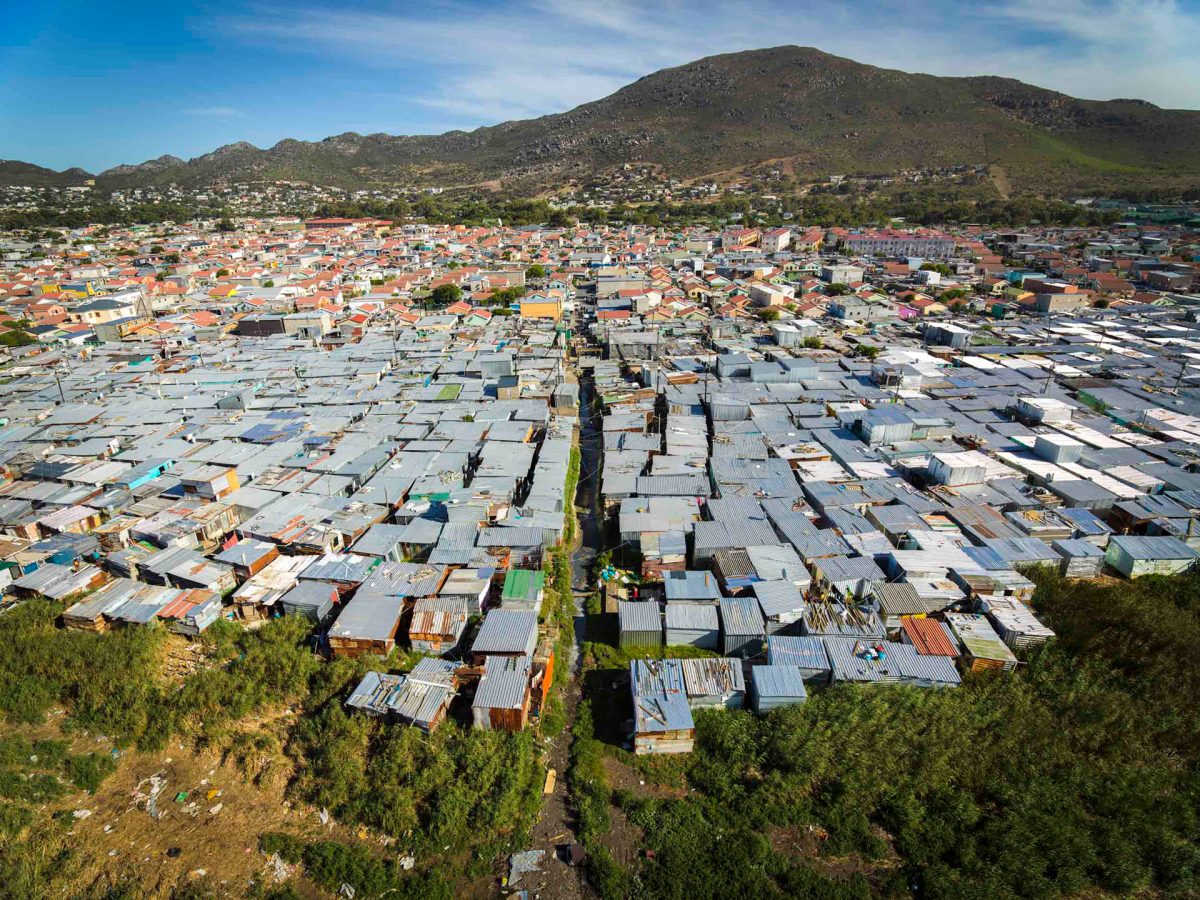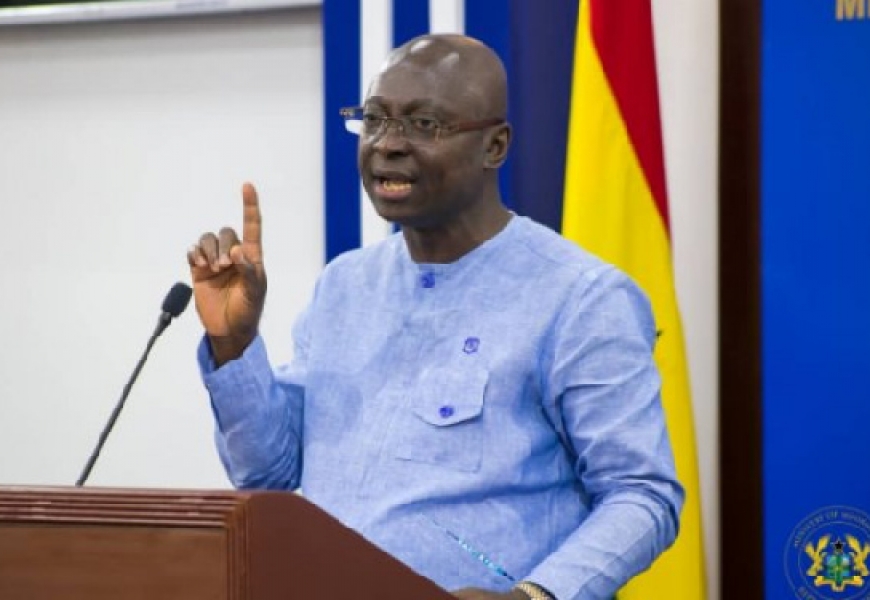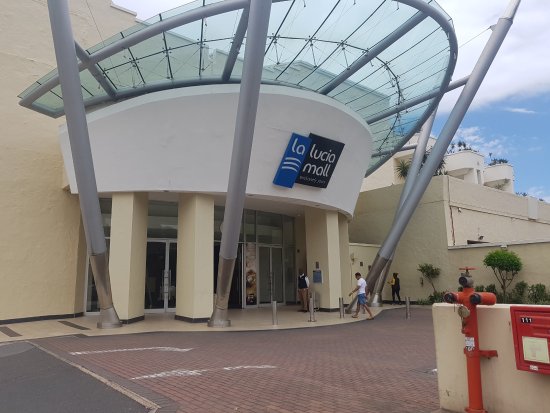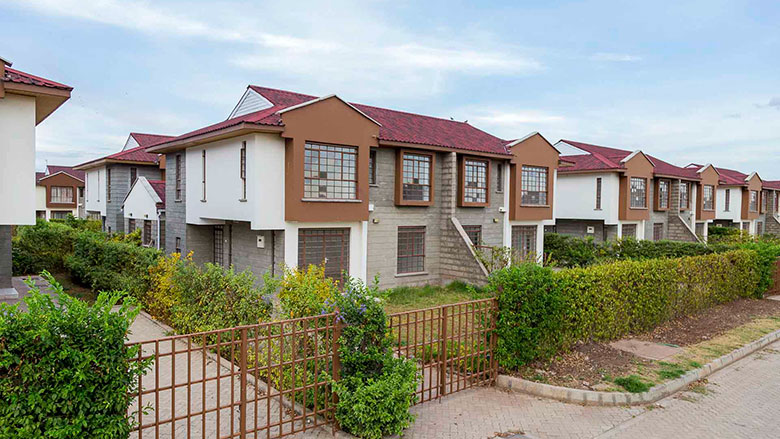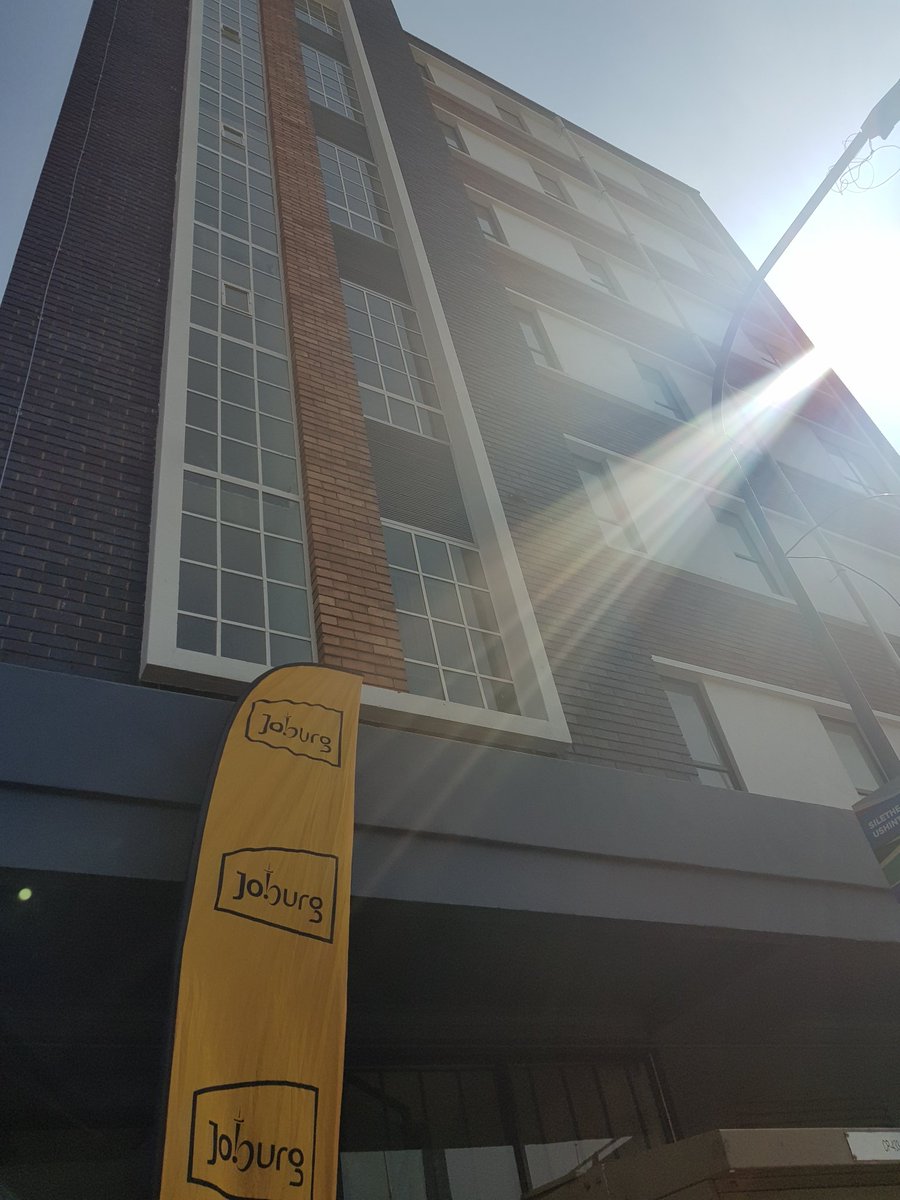
The City
of Johannesburg has launched two more affordable housing projects for residents
in the inner city.
The projects were delivered by the City of Joburg’s social housing entity
(JOSHCO), with a promise of many more to come.
The two
are the Albert Street project (located at 133 Albert Street) and the Fraser
House transitional housing project (located at 60 Macintyre Street).
The projects have a combined cost of over R96 million, and are expected to
contribute to the inner-city revitalisation initiative through the conversion
of a number of dilapidated buildings into habitable mixed-sized residential
units.
Albert Street consists of ‘1 Bedroom’, ‘Studio’ and ‘Communal Room’-type units
totalling 83 residential units. It also has features such as courtyard, drying
yards, children’s play area and a braai area.
Fraser House will be used as transitional housing, and will offer temporary
housing for the homeless and some working homeless who earn an insufficient
income to afford long-term housing. This model is set up to assist residents to
transition into permanent, affordable housing. The occupants will share
communal bathrooms and kitchen on each floor.
“Our city faces a mammoth task of clearing the current housing backlog of over
300 000 units, and as I have said on numerous occasions now, this
administration is fully committed to turning the inner-city into a construction
site in order for us to deliver sufficient and affordable quality accommodation
to all our residents,” said City of Johannesburg Mayor Herman Mashaba.
He said that each time the City launches new housing projects feels like a
first, calling it a proud moment for the City and its partners.
Last month, Council adopted the Inclusionary Housing: Incentives, Regulations
and Mechanisms Framework. This is an important step as the City seeks to
address the spatial inequality associated with apartheid-era development
planning. The Framework requires and incentivizes private developers to
dedicate 30% of new residential developments to affordable housing.
This seeks to ensure that densities are increased in a manner that facilitates
the co-existence of people belonging to varied income profiles. The
densification process will be implemented in and around current nodes, as well
as the new ‘general urban zone’ in areas like Orlando East in Soweto.
The need
for an Inclusionary Housing Framework was identified in the City’s Spatial
Development Framework 2040 (SDF 2040) adopted by Council in 2016. Specifically
it identified the need to facilitate and guide the provision of inclusionary
housing by the private sector in private housing developments.
The SDF 2040 highlights the issue of the housing and job mismatch in the City with a large portion of the population in the City concentrated in areas of limited or no employment opportunity. It further advocates for densification in areas of favourable employment which in turn happen to be the areas the City has invested heavily in.https://www.joburg.org.za/media_/Newsroom/Pages/2019%20Newsroom%20Articles/March%202019/City-launches-two-housing-projects,-easing-affordable-housing-needs-in-the-inner-city.aspx

